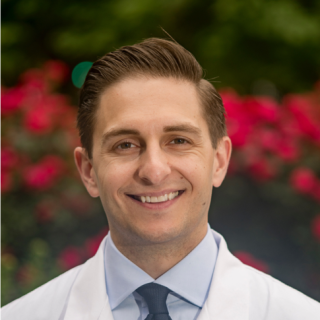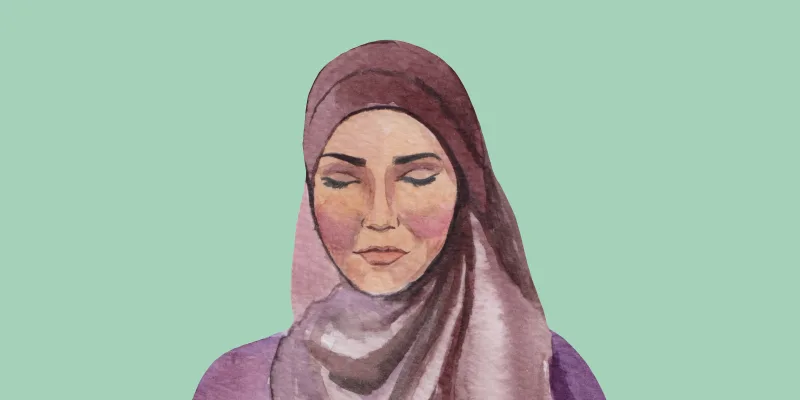
Sitting on a panel presentation in front of undergraduate pre-meds, I found myself faced with a loaded question. A freshman biology major stood up, took the microphone, and she asked, “What do you see as the greatest problem facing medicine today?”
My mind quickly flashed to the countless physicians I have seen and heard publicly lamenting their life’s work on the internet, on podcasts, and in the news. Most of the opinions seem to concern the “medical industrial complex” and the alphabet soup of CMS, MACRA, CHIP, ACOs, APMs, BPCIs, TDABC, and more. Doctors hate value-based care. Doctors hate bureaucratic oversight of their practices. Doctors hate that they have no institutional support. Young doctors hate their increasing educational debt load coupled with the opportunity costs of not working and saving through the ten years or so after college. Doctors hate reading about fellow doctors committing suicide and the sense of burnout it instills. The overwhelming message if you were to peruse the most readily available doctor comments is that doctors in 2018 hate their jobs and feel professionally unsupported. “Physicians, especially us young ones, are well aware that no one cares about us,” wrote one doctor who identified himself on a popular medical blog. The message being delivered by physicians on behalf of the profession is decidedly bleak.
None of these things answer her question.
The greatest problem facing medicine today is the collectively uninspired voice of American physicians who have lost faith or interest in the work that they do, and the risk that their voice will deter the intelligent, optimistic youth from pursuing this great work.
I anticipate counter-arguments to my thesis, and so I will provide you with what I feel are important biographical disclosures: I am 32 years old, my educational debt is >$300,000, and I have never owned anything more valuable than my laptop computer. I am married to a stay-home mother of our two children. There are no other doctors in my family, and I will certainly inherit no trust fund. I trained in a large, urban, tertiary referral center. I have been frivolously sued. I have missed countless family events. One of my dearest friends from medical school committed suicide during his internship. I practice orthopaedic surgery, which I concede is different from pediatrics or family medicine, but is arguably the field most in the cross-hairs of fee-for-service regulation and the value-based care delivery initiatives by CMS. My point is: I understand deeply and very personally the frustrations espoused by my colleagues.
But I will proudly shout from the rooftops that I unequivocally and unwaveringly love my job. Every day. Not just despite it being hard, but because it is hard.
As a physician, my life is purpose-built. I am bound by responsibilities which I have freely chosen, and which give meaning to my work and to my brief existence on this planet.
To the young students who seek to stoke the belly fire that is a life in medicine, please take note:
I loved medical school. I moved out of my small hometown to a vibrant city, made countless lifelong friends, learned the resilience and frailty of the human body, and met physicians and surgeons who were exemplary role models whom I would ultimately model my life after. Trust me, it was worth the tuition.
I also loved residency. I took care of a global population with disparate ethnic and socioeconomic backgrounds, set broken bones, operated on every part of the human body, and occasionally exceeded my work hours (nobody needed to know). I helped thousands of patients in big and small ways. I was challenged at my physical and emotional limits, and saw myself grow into the shoes of a surgeon (the shoes still feel a touch big, by the way).
I have heard that the educating, training, and practicing of medicine analogized to a crucible: you are thrown to the fire, it is hot, the pressure is high, you can’t escape, and the contents get cooked. But remember that the crucible is a transformative space, where what goes in irrevocably changes its state. When the formula is correct, what comes out, crystallized, is a physician who is battle-tested and optimistic — hardened, yet purified — ready and willing to engage the challenges of a career that can provide deep meaning if her eyes and heart remain open to it.
The greatest problem facing medicine? I believe it to be that now more than ever physicians can work to innovate, think creatively, and solve system-wide problems, but this message is not reaching our children. Today, the loudest voice is of those who seek to throw sand and water. It is time for the fire-starters, if there are any who remain, to speak loudly and let our nation’s young physicians know that this profession will bring you joy, meaning, and a connection with the world. We as physicians need a professional call to arms to become leaders once again, and to make doctors proud to be doctors. We must lead by example so that our students can bear witness to the actions of physician leaders. I long to see the fire-starters keeping the crucible lit, the contents pure and energized, and the result self-sustaining for the future of medicine in the United States.
Edward DelSole is a clinical instructor of Orthopaedic Surgery at Thomas Jefferson University’s Sidney Kimmel Medical College. He is completing fellowship training in spine surgery at the Rothman Institute.







